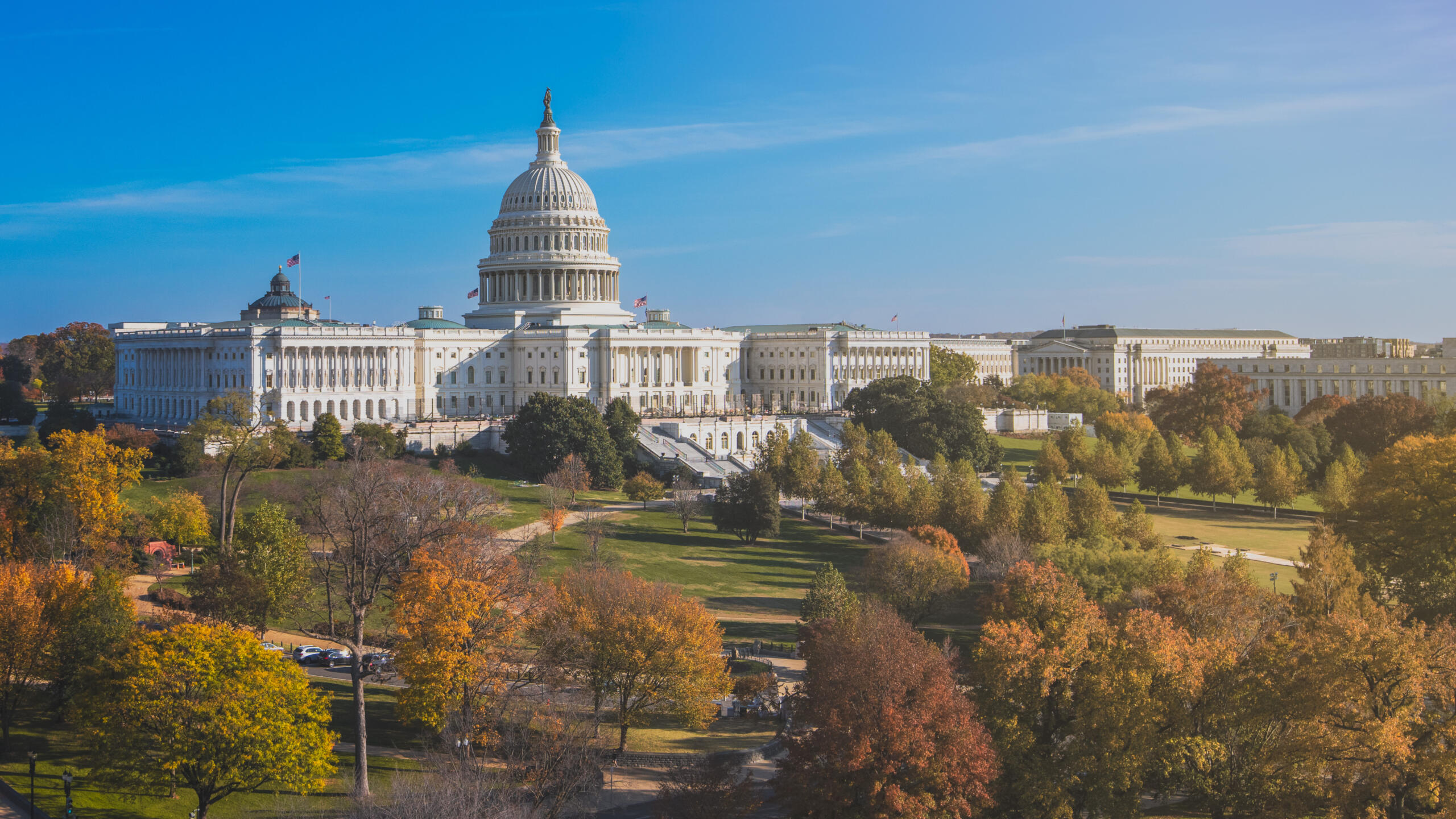Study Reveals Political Affiliation Influences COVID-19 Vaccine Adverse Event Reporting
March 29, 2024

A recent study published in JAMA Network Open indicates that political affiliations may significantly influence the reporting of adverse events following COVID-19 vaccination. Analyzing over 620,000 entries from the Vaccine Adverse Event Reporting System (VAERS) between 2020 and 2022, researchers discovered a correlation between states with higher Republican voter percentages and increased reports of vaccine-related adverse events. Specifically, a 10% rise in Republican votes was associated with a 5% increase in adverse event reporting, a 25% higher chance of reporting severe adverse events, and a 21% increase in the likelihood of an adverse event being classified as severe.
This finding aligns with broader observations of COVID-19’s politicization, where vaccine acceptance and the impact of the pandemic have varied sharply along political lines. Eric Topol, a prominent figure in medical research who was not involved in the study, commented on the stark polarization reflected in these findings, underscoring the pandemic’s intertwining with political ideologies.
VAERS, jointly managed by the FDA and CDC, serves as a critical tool for monitoring vaccine safety by collecting voluntary reports from patients, healthcare providers, and manufacturers. While it’s instrumental in identifying potential vaccine side effects, it also provides insight into public perceptions and reporting motivations, particularly in the context of the anti-vaccine movement’s evolution.
The study’s lead author, David Asch, emphasized that the research aimed to explore the motivations behind safety concern reports, noting a significant political divide. Interestingly, when examining flu vaccine adverse event reports, researchers found no similar political correlation, suggesting a unique politicization of COVID-19 vaccines compared to broader acceptance of flu vaccinations.
This study highlights the profound impact of political polarization on public health initiatives, especially vaccination campaigns. It serves as a reminder of the challenges in addressing vaccine hesitancy and misinformation within politically charged environments. Asch expresses a desire to move beyond political polarization in public health, emphasizing the universal importance of vaccine safety and efficacy beyond partisan lines.
To read more, click here.






